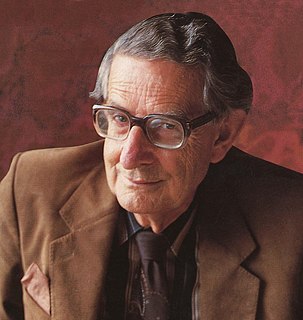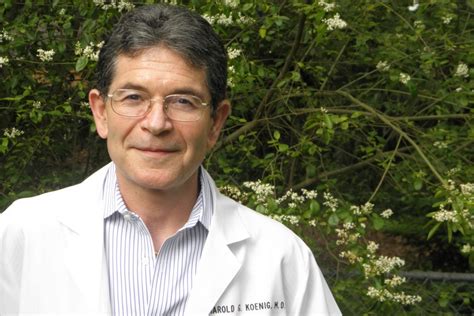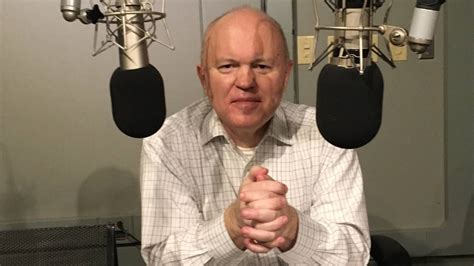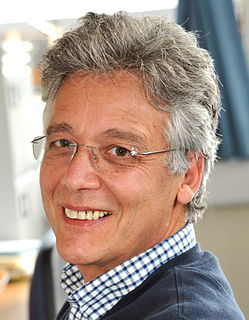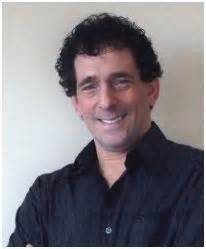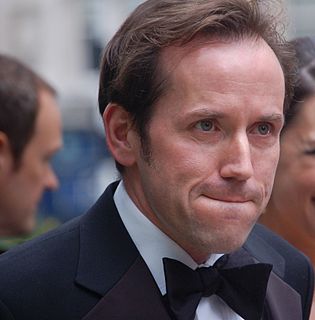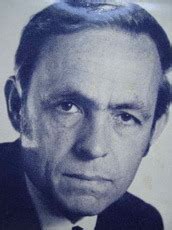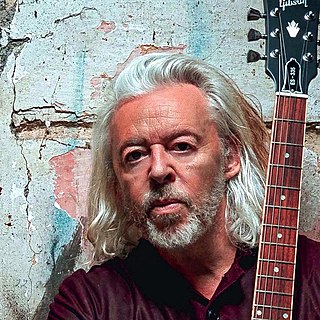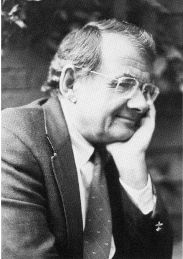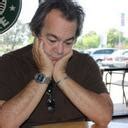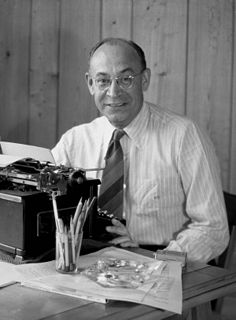Top 121 Psychotherapy Quotes & Sayings
Explore popular Psychotherapy quotes.
Last updated on April 22, 2025.
No pill can help me deal with the problem of not wanting to take pills; likewise, no amount of psychotherapy alone can prevent my manias and depressions. I need both. It is an odd thing, owing life to pills, one's own quirks and tenacities, and this unique, strange, and ultimately profound relationship called psychotherapy
I'm not critical of the people who do psychotherapy. The therapists in the trenches have to face an awful lot of the social, political, and economic failures of capitalism. They have to take care of all the rejects and failures. They are sincere and work hard with very little credit, and the HMOs and the pharmaceutical companies and insurance companies are trying to wipe them out. So certainly I am not attacking them. I am attacking the theories of psychotherapy.
Psychotherapy makes every problem a subjective, inner problem. And that's not where the problems come from. They come from the environment, the cities, the economy, the racism. They come from architecture, school systems, capitalism, exploitation. They come from many places that psychotherapy does not address. Psychotherapy theory turns it all on you: you are the one who is wrong.
One strand of psychotherapy is certainly to help relieve suffering, which is a genuine medical concern. If someone is bleeding, you want to stop the bleeding. Another medical aspect is the treatment of chronic complaints that are disabling in some way. And many of our troubles are chronic. Life is chronic. So there is a reasonable, sensible, medical side to psychotherapy.
Psychedelics are extraordinary tools, when used with psychotherapy, because in one day you can let go of so much, and have insight into so much. Sometimes more than in a year of traditional psychotherapy. I think they should be used in psychotherapy. But I don't know who should be entrusted with the toolbox - priests or psychiatrists? That is the difficulty.




